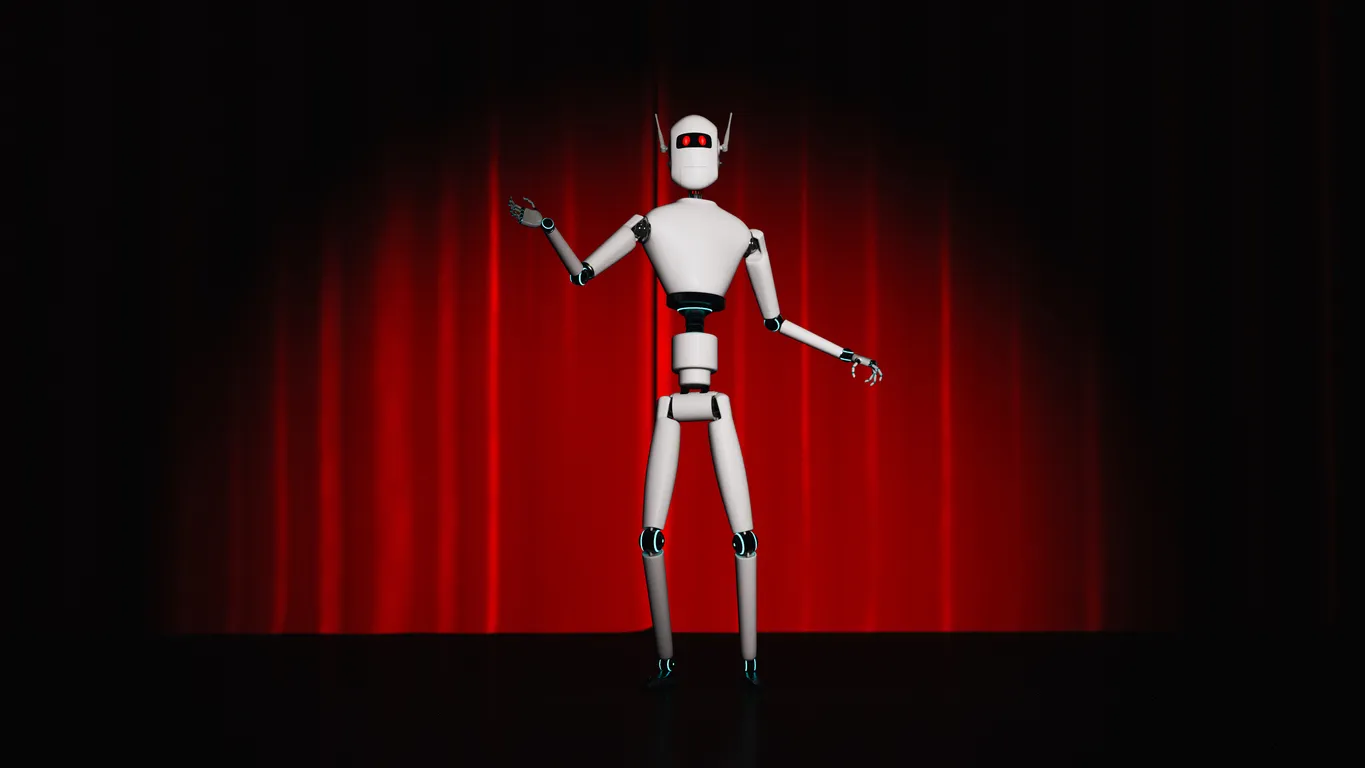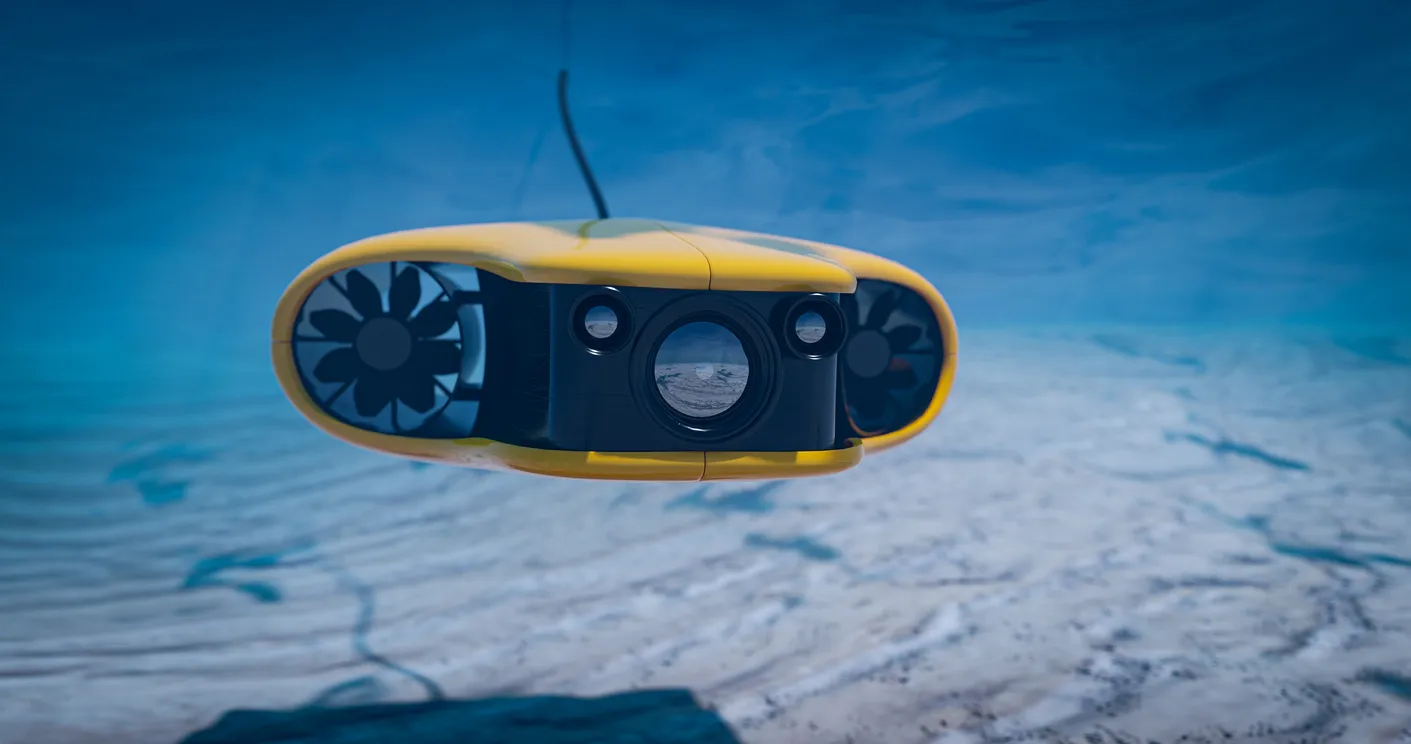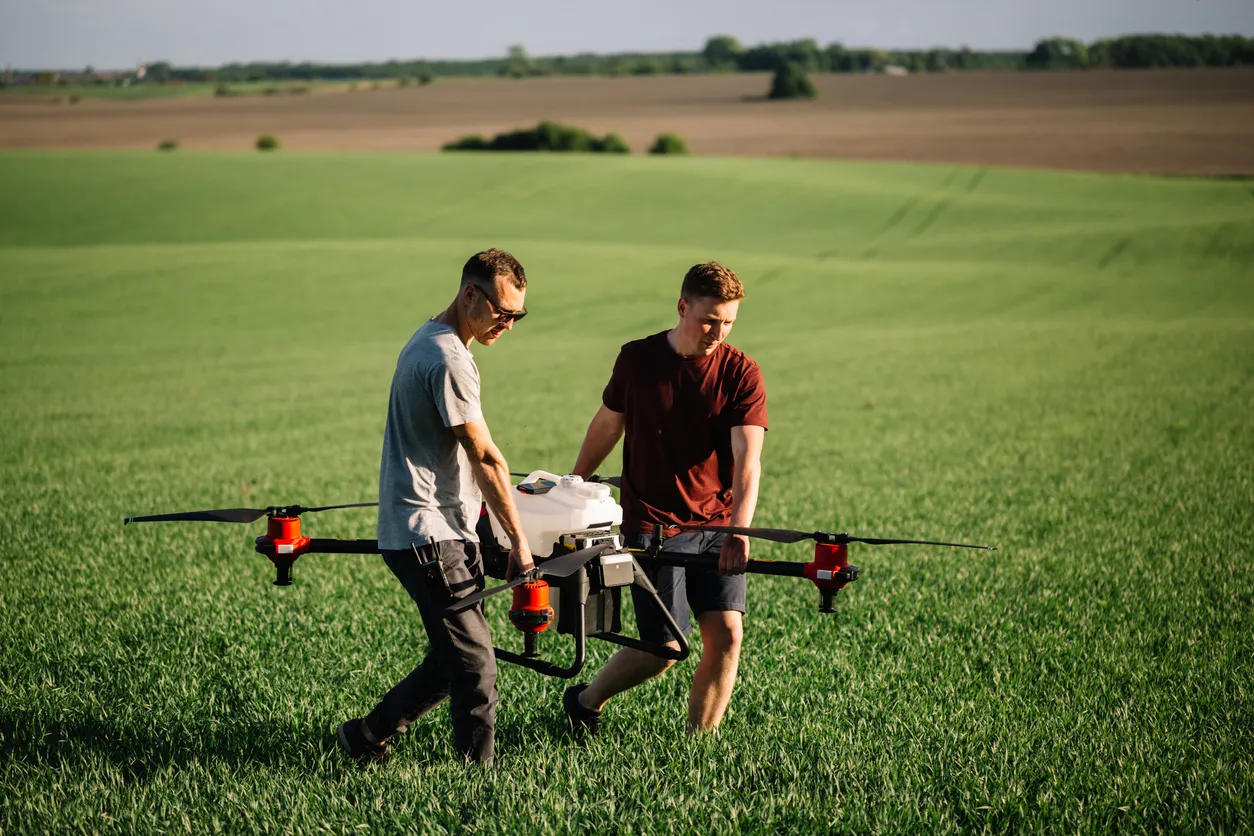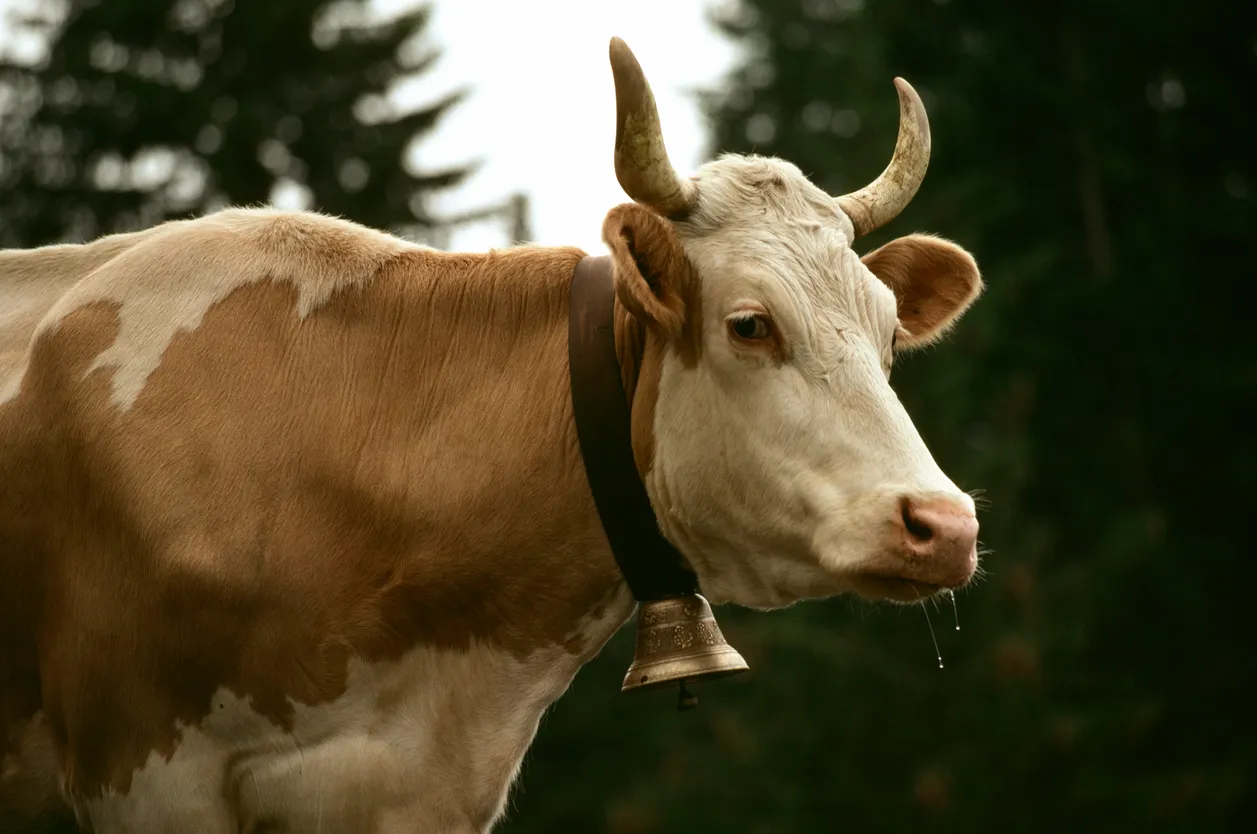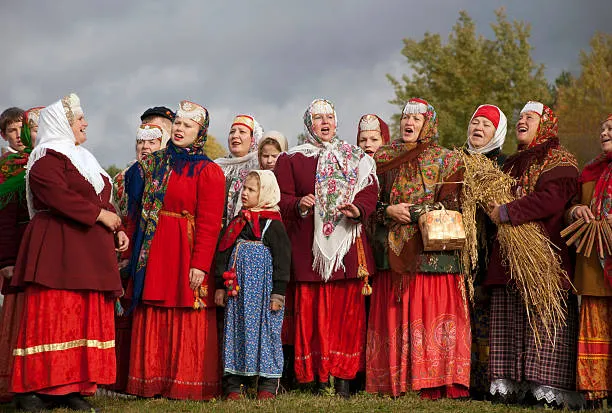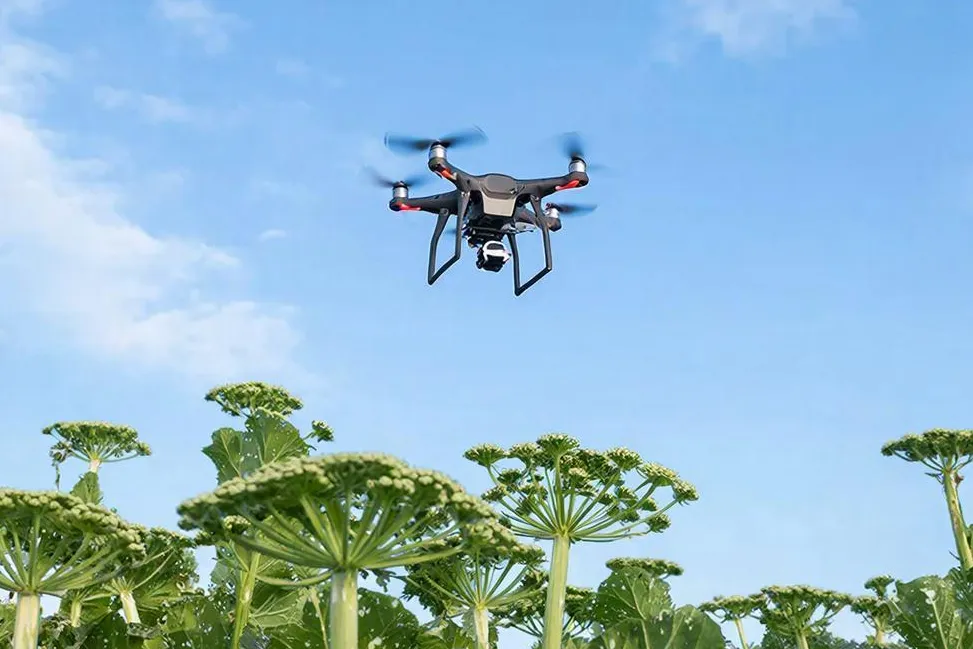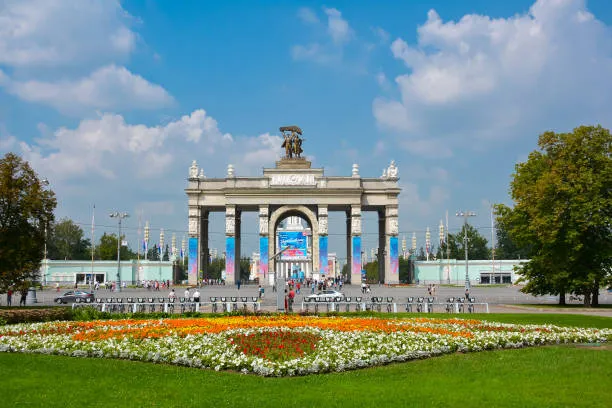AI Brings Nomadic Myths to Life in Russia’s First Neural Network Game
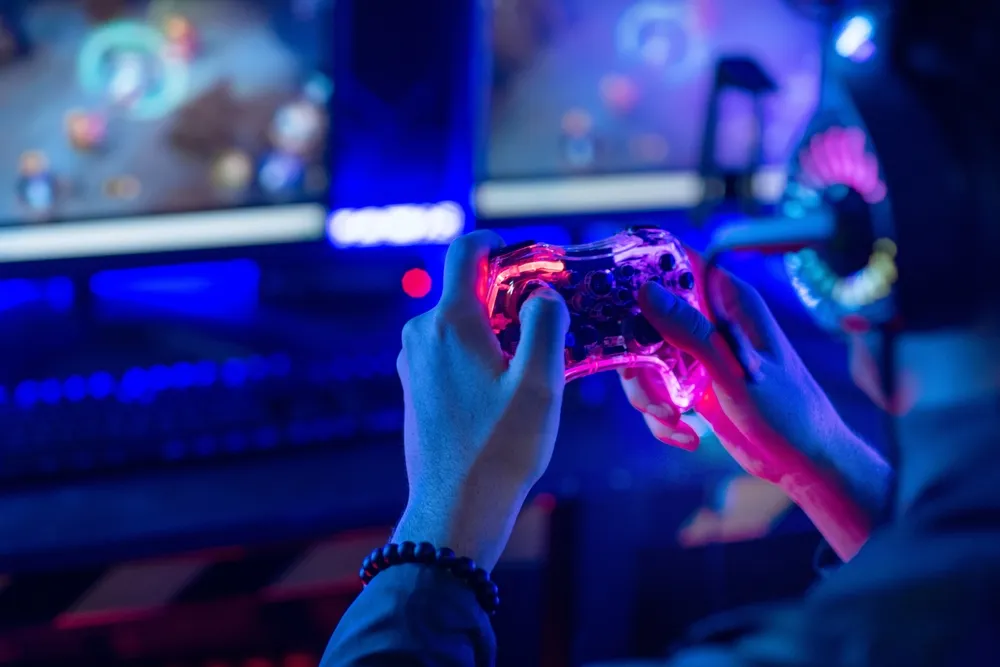
Russian developers have released the world’s first video game powered by neural networks and rooted in Altai mythology. The project shows how AI can be more than a gameplay gimmick — it can become a tool for cultural preservation.
The game, titled Guardian of Altai, launched on August 21 across digital platforms. Built on domestic AI technologies, it blends cutting-edge neural networks with one of the oldest belief systems in Central Asia.
Players step into the world of Tengrism, the ancient nomadic religion that venerates nature spirits and cosmic balance. The story follows a young shaman tasked with restoring harmony between humans and the spirit world, while facing down a powerful antagonist — Erlik, lord of the underworld.
What sets the gameplay apart is the reliance on traditional shamanic tools. The hero’s main instruments are the orba and the drum — used not just as weapons, but as ritual devices for kamlanie, a ceremonial practice of summoning and negotiating with spirits.
The project began as an experiment at Neurobootcamp, a competition designed to push AI applications in creative industries. Its success there helped the concept evolve into a commercial release.
The studio behind it, Cyberia Nova, has also teased another project, Zemsky Sobor, an action game set in Russia’s Time of Troubles. For developers, mining national cultural codes has become a promising new direction — one that blends history, mythology, and high tech.
The release of Guardian of Altai suggests that artificial intelligence in gaming is moving beyond flashy mechanics. In this case, AI doesn’t just expand gameplay — it helps preserve the spiritual heritage of nomadic peoples, turning myth into interactive experience.








